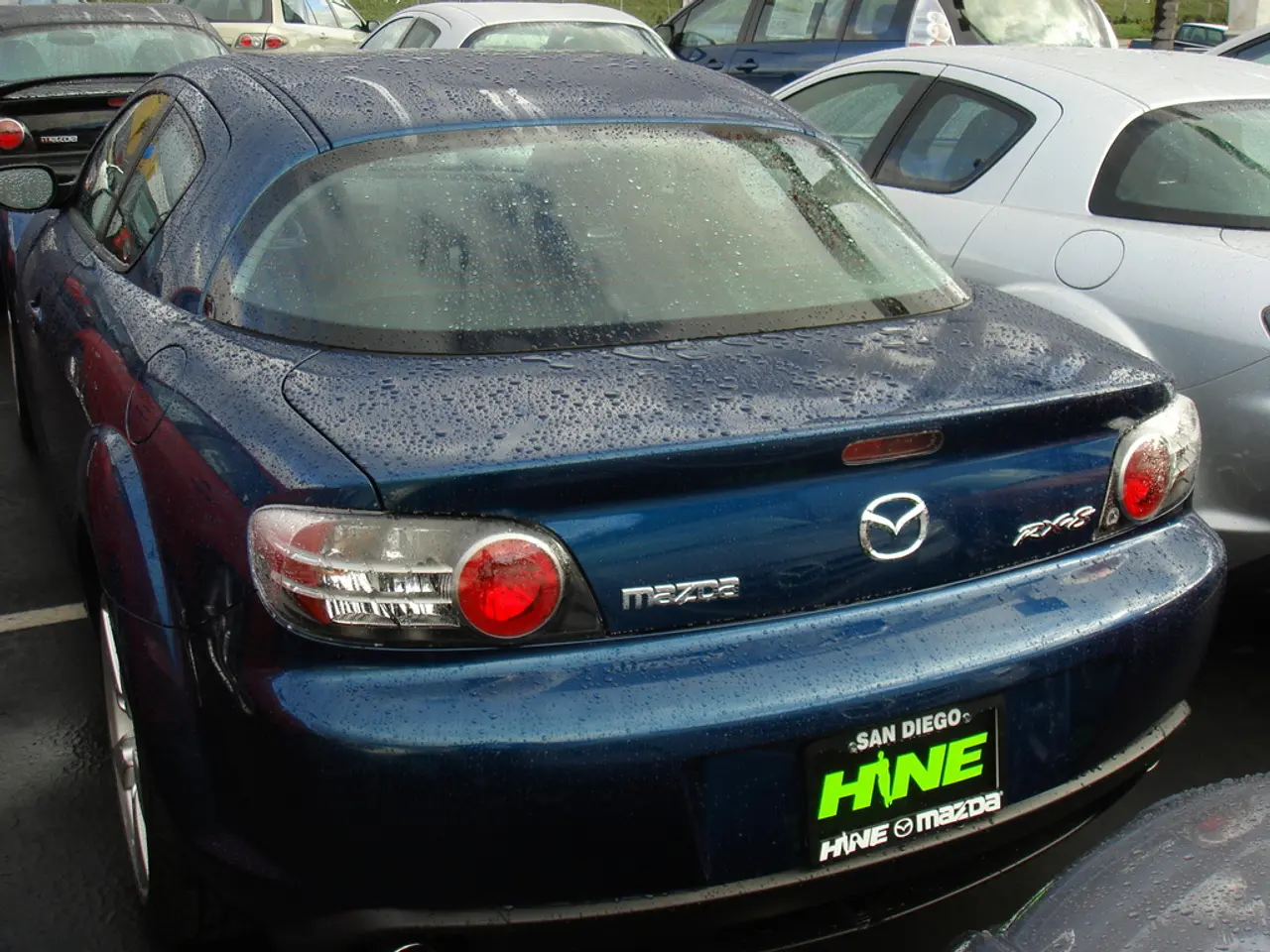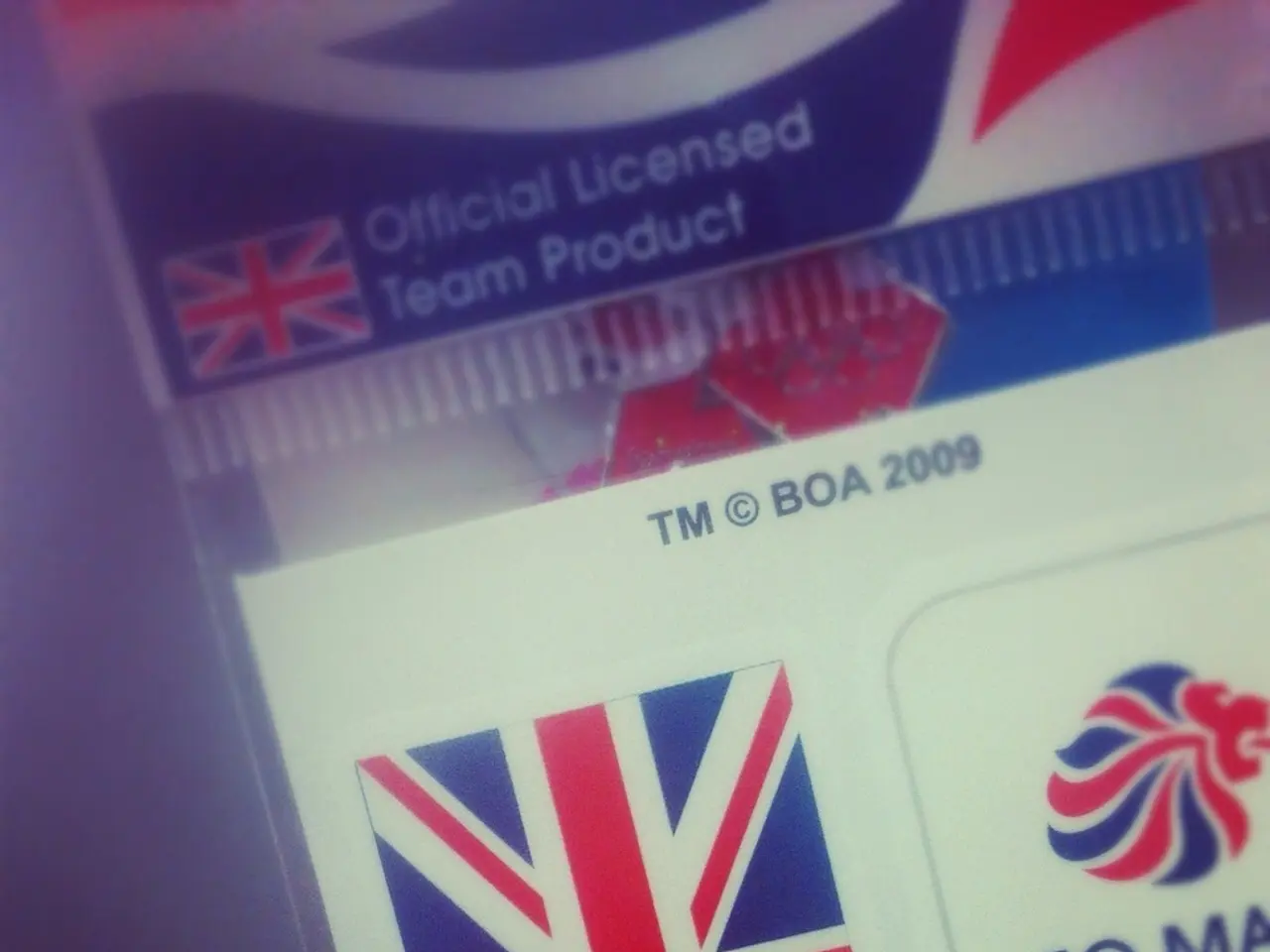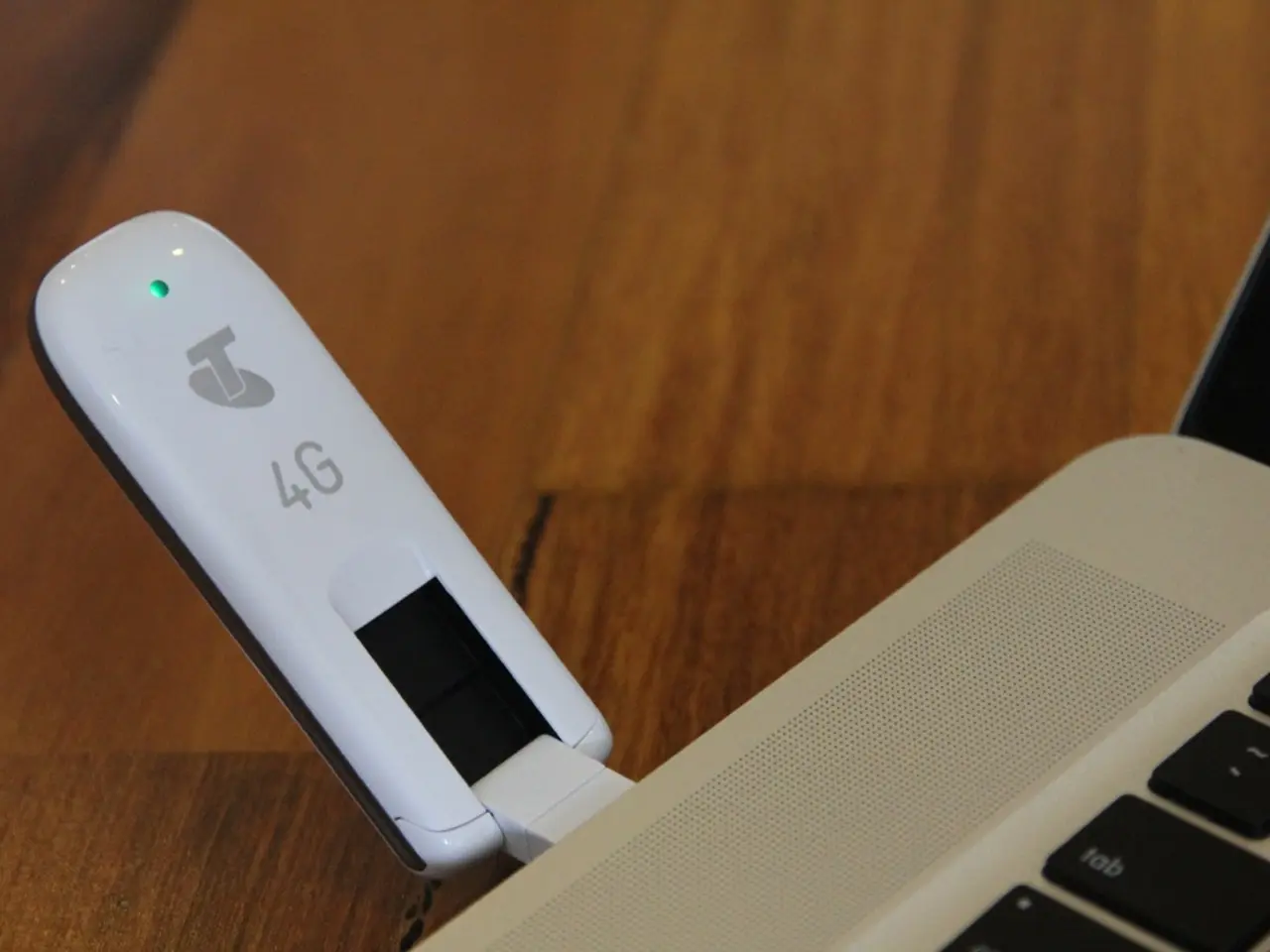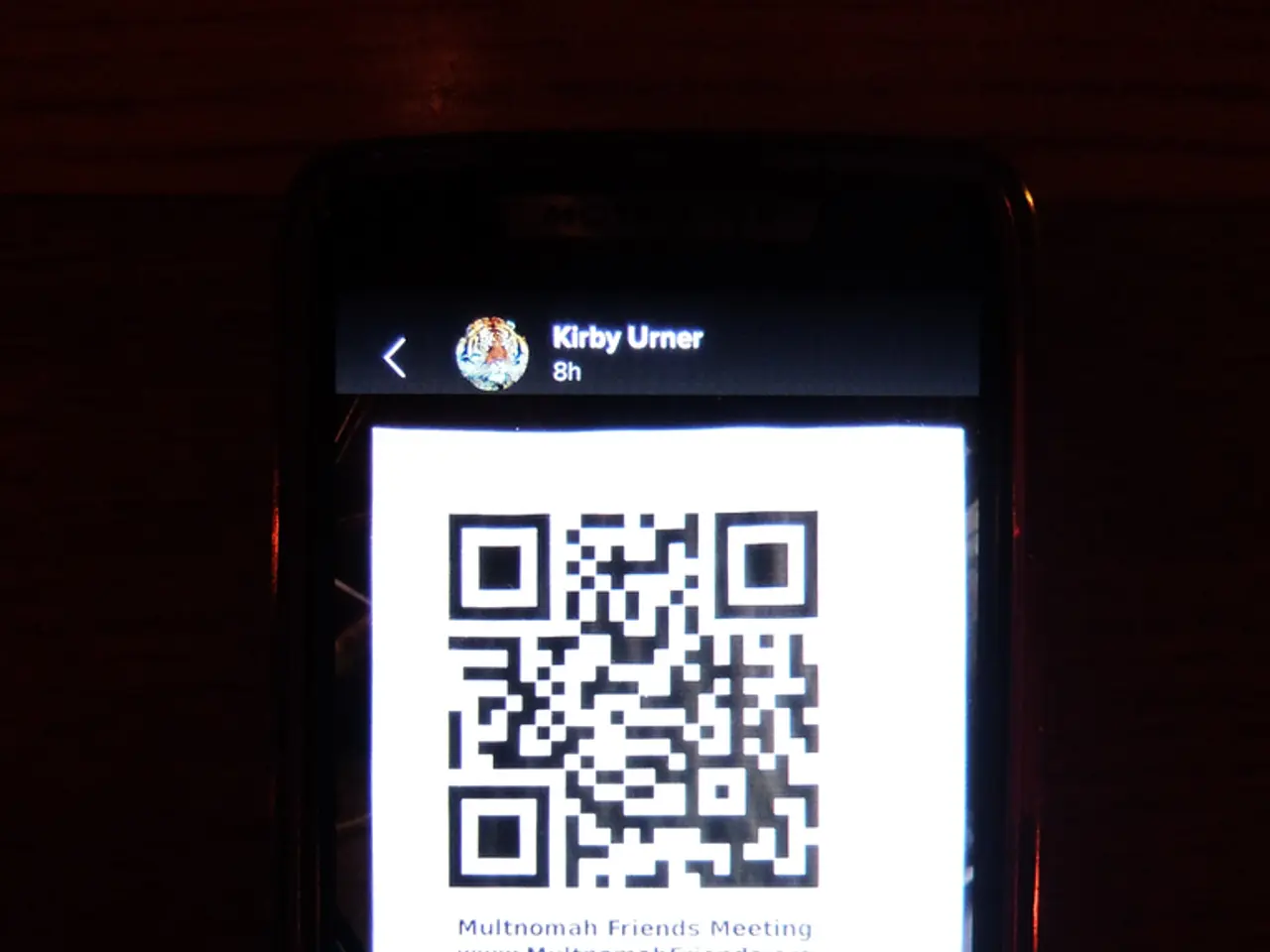Car Purchasing Transformation: Digital Technologies Shaping the Car Buying Experience in 2024 (at Hi Tech Auto Sales)
High-Tech Auto Sales Transform with Digital Innovations
The automotive industry is undergoing a significant digital transformation, with major manufacturers like Toyota, Ford, and Mercedes-Benz leading the charge. This transformation is reshaping the future of high-tech auto sales, as dealerships embrace online platforms, virtual showrooms, and advanced technologies to cater to tech-savvy consumers.
At the heart of this revolution is the integration of blockchain technology. This innovative solution enhances security and efficiency in sales processes, establishing secure and transparent vehicle transactions through distributed ledger systems. By doing so, it reduces transaction processing time to just 15 minutes, and offers a fraud reduction rate of 82%. Moreover, document verification accuracy is an impressive 99.9%.
Connected cars, equipped with an estimated 200 IoT sensors per vehicle, are trackable and monitor 15+ vehicle metrics, including fuel efficiency, maintenance needs, and driving patterns. The data generated daily by these connected cars amounts to approximately 25GB.
The rise of smart, connected cars is also accompanied by the implementation of AI for autonomous driving, predictive maintenance, and personalized experiences. Smart vehicle systems enable remote diagnostics, predictive maintenance scheduling, custom driving analysis reports, real-time performance monitoring, and over-the-air software updates.
The global market size for connected car technology is projected to reach $72.5B in 2023, reflecting the growing adoption of these technologies. Furthermore, digital payment usage stands at 78%, and contactless delivery adoption is at 45%. The process incorporates digital documentation with e-signature capabilities, video chat consultations with sales representatives, remote vehicle inspection via HD cameras, secure online payment processing, at-home test drives with sanitized vehicles, and doorstep delivery services.
The future of high-tech auto sales is also characterized by a shift in consumer behavior. 64% of buyers prefer a digital process, and alternative ownership models like vehicle subscription services and car-sharing are gaining traction. Leading manufacturers like BMW, Mercedes-Benz, and Audi integrate AR configurators into their sales platforms, allowing customers to visualize different colour options, wheel designs, interior upholstery choices, accessories, and body kit modifications on their mobile devices.
Moreover, smart contracts automate key processes, including digital vehicle titles, automated payment processing verification, instant transfer of vehicle documentation, tamper-proof maintenance records, and verified vehicle history reports. Augmented Reality Vehicle Customization offers an immersive shopping experience, enabling customers to see how their desired modifications would look on their vehicles in real-time.
In summary, the future of high-tech auto sales is a blend of digital advancement, electrification, AI integration, sustainability focus, and evolving ownership paradigms. The auto retail environment is adapting rapidly to these changes, offering a seamless, efficient, and personalized buying experience for consumers.
- The automotive industry, led by manufacturers like Toyota, Ford, and Mercedes-Benz, is embracing advanced technologies such as artificial intelligence (AI) to cater to tech-savvy consumers as part of the digital transformation of high-tech auto sales.
- Connected cars, integrated with approximately 200 IoT sensors per vehicle, not only monitor vehicle metrics like maintenance needs and driving patterns, but also generate vast amounts of data used in AI for functions such as predictive maintenance and personalized experiences.
- Beyond AI, digital innovations also include smart contracts for automating key processes like digital vehicle titles and instant transfer of vehicle documentation, increasing efficiency and security.
- The rise of digital advancements in the automotive industry also extends to the use of augmented reality (AR) in sales platforms, allowing customers to visualize different vehicle customizations on their mobile devices. This immersive shopping experience is a sign of the evolving landscape of high-tech auto sales.




